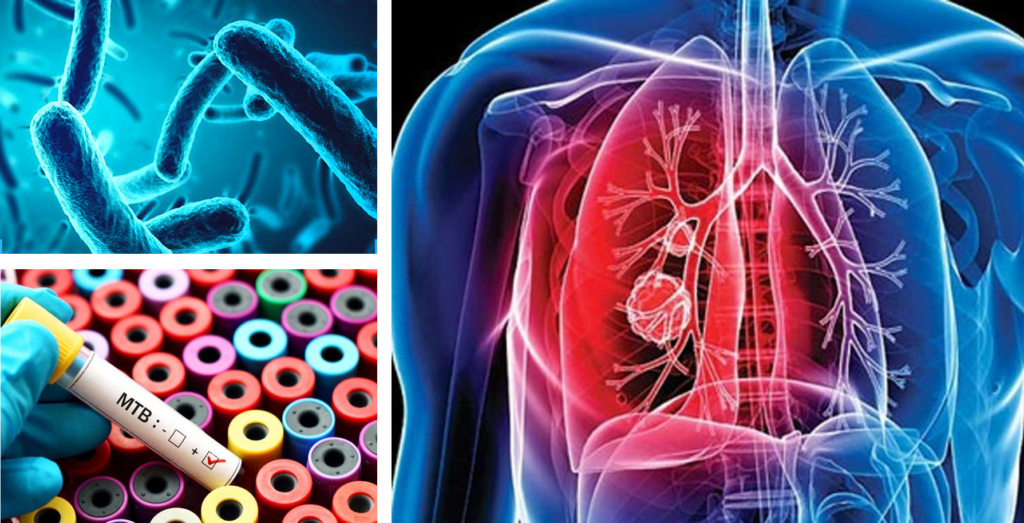ELITechGroup Announces Regulatory Approval of its Blood Borne Virus Panel in Japan
ELITechGroup’s blood-borne virus (BBV) panel received approval from Japan’s Pharmaceuticals and Medical Devices Agency (PMDA) The ELITe BBV panel was launched in 2022 and comprises three quantitative IVD assays targeting Human Immunodeficiency virus-1 (HIV-1), Human Hepatitis B Virus (HBV), and Human Hepatitis C Virus (HCV) Turin, June 13, 2024: ELITechGroup…



